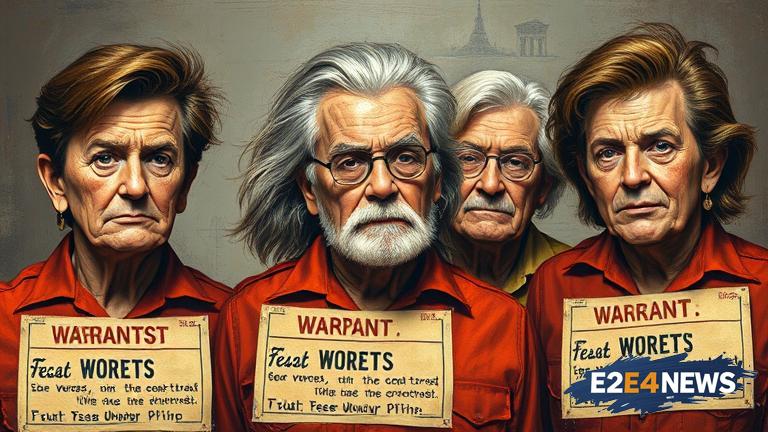A dramatic turn of events has unfolded in Texas as arrest warrants have been issued for Democratic lawmakers who fled the state in an attempt to break quorum. The move, which has been met with both praise and criticism, was made in response to a special legislative session called by Governor Greg Abbott. The session aimed to address several key issues, including voting restrictions and border security. However, Democrats argued that the proposed bills would disproportionately affect marginalized communities and undermine democratic processes. By leaving the state, the Democrats hoped to prevent the passage of these bills, at least until the next regular legislative session. The decision to issue arrest warrants has been condemned by many as an overreach of power and an attack on democratic principles. Others have argued that the Democrats’ actions were irresponsible and undermined the legislative process. The situation has sparked a heated debate about the role of lawmakers, the importance of quorum, and the limits of executive power. As the standoff continues, it remains unclear how the situation will be resolved. The arrest warrants have been issued by the Texas House of Representatives, which is controlled by Republicans. The warrants are civil in nature, meaning that they are not criminal arrests, but rather a means of compelling the lawmakers to return to the state capitol. The Democrats, who are currently in Washington D.C., have vowed to remain there until the special session is over. They have also filed a lawsuit challenging the constitutionality of the arrest warrants. The situation has drawn national attention, with many seeing it as a symbol of the deepening partisan divide in the United States. The use of arrest warrants to compel lawmakers to attend sessions is not unprecedented, but it is relatively rare. The move has been criticized by some as an attempt to intimidate and silence opposition voices. Others have argued that it is a necessary measure to ensure that lawmakers fulfill their constitutional duties. The Texas Constitution requires that a quorum be present for the legislature to conduct business. By fleeing the state, the Democrats have prevented the legislature from achieving a quorum, effectively bringing the special session to a standstill. The situation has also raised questions about the role of the governor and the limits of executive power. Governor Abbott has been accused of overstepping his authority by calling the special session and pushing for the arrest warrants. The Democrats have argued that the governor’s actions are an attempt to consolidate power and undermine the democratic process. As the situation continues to unfold, it is likely that the controversy will only deepen. The use of arrest warrants has set a precedent that may have far-reaching implications for the future of Texas politics. The situation has also highlighted the deepening partisan divide in the state, with many seeing the arrest warrants as a symbol of the Republican Party’s attempts to suppress opposition voices. The Democrats, on the other hand, see their actions as a necessary measure to protect the rights of marginalized communities and ensure that the democratic process is upheld. The situation is a complex one, with multiple factors at play. The use of arrest warrants has sparked a heated debate about the role of lawmakers, the importance of quorum, and the limits of executive power. As the standoff continues, it remains unclear how the situation will be resolved. The fate of the special session, and the future of Texas politics, hangs in the balance.
